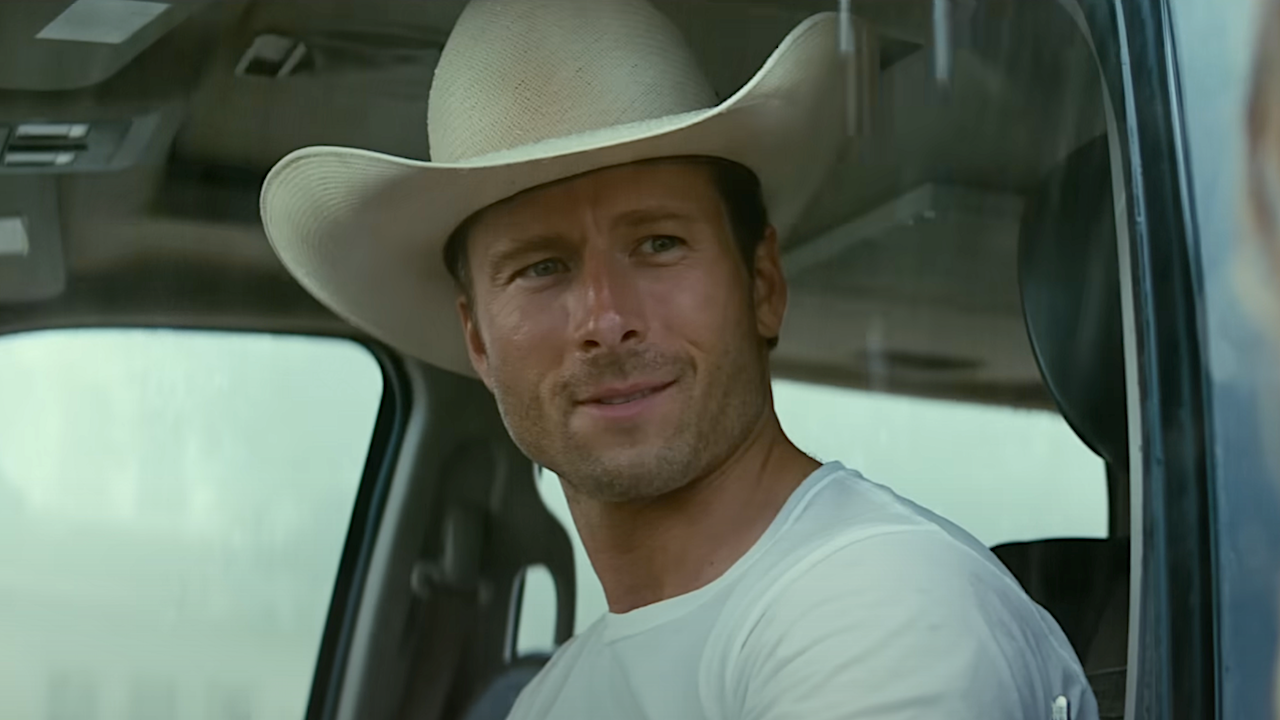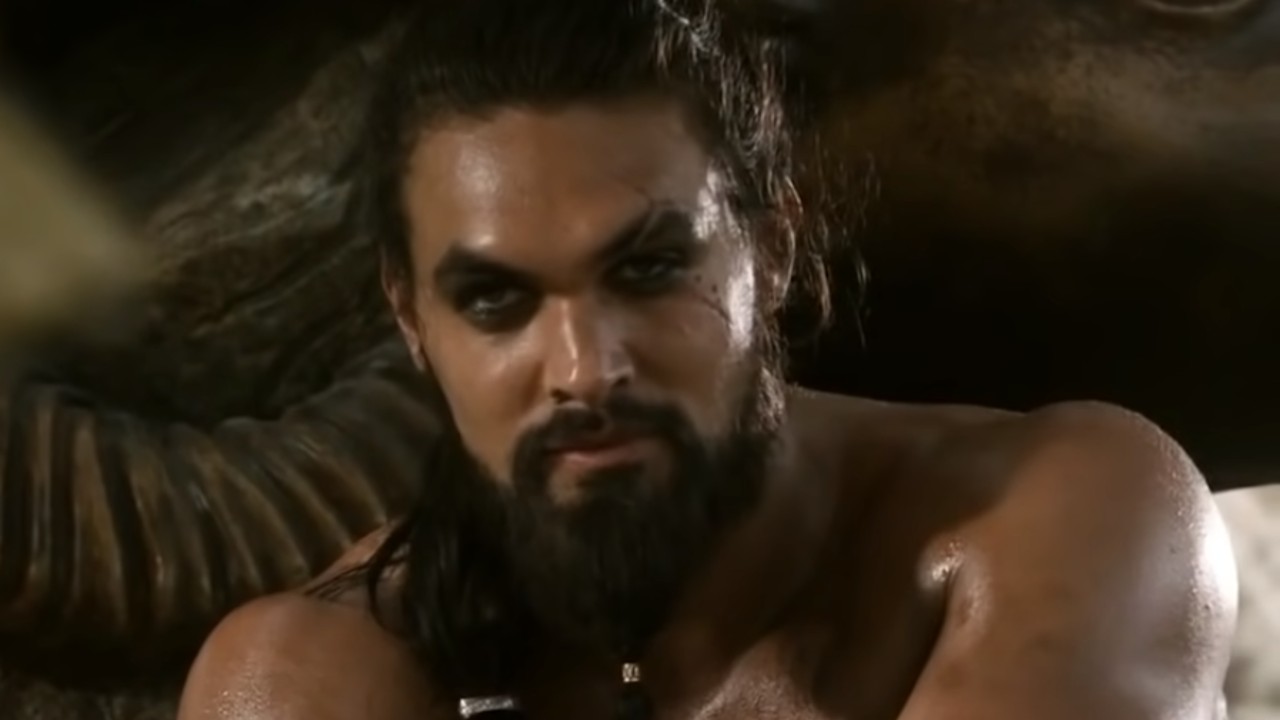NYFF Review: Hunger

Though British artist Steve McQueen has spent most of his career as a visual artist, he instantly gets the hang of complicated narrative with Hunger, his directorial debut that won him the Best First Feature prize at Cannes. Debuting at the New York Film Festival this week, Hunger is an emotionally and artistically stellar account of a real-life hunger strike at an Irish prison, where members of the Irish Republican Army were protesting their status at the prison. Bobby Sands, a 27-year-old played by Michael Fassbender, orchestrated the strike and died as a result, after 66 days without food.
Though it is his story that gives Hunger its weight and meaning, Sands doesn't emerge as the main character until halfway through the film. We start with a prison guard at home as he prepares for his day, a seemingly decent man who walks into the hellhole that the HM Prison Maze has become. We then meet a new inmate, Davey, who is paired with a filthy cellmate who has taken to making art with his feces on the walls. The prison is in the midst of a "no-wash" protest, and you can practically smell the fetid ruins.
After the prisoners are brutally dragged out of their cells and forced to bathe and shave, eventually beaten by riot police when they refuse, we meet Sands, played by Fassbender with clear eyes and unmoving resolve. The film, which has been largely wordless and kinetic in its depiction of the prison's brutality, soon slows down for a 20-minute, unbroken shot of a conversation between Sands and a priest (Stuart Graham). It's clear the two men have been in touch before, but when Sands suggests the hunger strike, the priest argues with him with everything he's got. Their conversation, which takes place entirely in even and rational tones, spans religion, nationalism, family, life and death-- and is completely mesmerizing. As a contrast to the fast-paced editing that has come before it, the unbroken take allows the audience to breathe and take in what they've seen before-- and prepare for what will come next.
The film ends with Sands' slow, excruciating death, sparing few details of the toll it takes on his ravaged body. Fassbender's commitment to the role is astounding, both in the dramatic weight-loss and the stillness that overtakes him near the end, especially when we step inside Sands' head to see memories of his childhood. Hunger is not a particularly political movie, but Sands' story is stirring on that level as well as a human one. It's not a story that's well known in the United States, but McQueen helps us feel the impact it had on him as an 11-year-old in England. And to think, it's only his first try.
CINEMABLEND NEWSLETTER
Your Daily Blend of Entertainment News
Staff Writer at CinemaBlend










